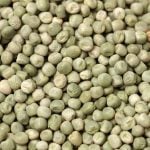
Tag Archives Predation

Bird repellent gets emergency approval for sunflowers
Manitoba sunflower growers can now apply Avian Control repellent to keep blackbirds away during their 2025 harvest season

Beef producers bring wolf predation back into spotlight
Beef producers say wolves are taking their cattle and they want more action and better insurance; the province says new measures should help
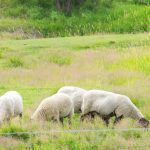
Funds back anti-predation front-runners
Beef producers welcome new predation prevention program

Final word on livestock predation pilot
Composting, fox lights, predator-resistant pens among winners of tested prevention strategies

Does B.C. hold the answer to predator removal?
Local beef producers say Manitoba program lacks incentive for trappers

Big Bad Wolves: Beef producers call for support on problem predators
Producers say removal options are often too slow to arrive to be effective
Technology offers a little more insurance
More evidence means more chance for a successful MASC predation claim
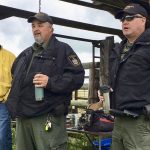
Predation project set to bear results
Mitigation strategy pilot filling up, but a few slots remain for producers
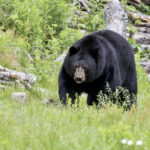
Predation numbers dip in Manitoba
Predation claims have seen a slight drop so far this year
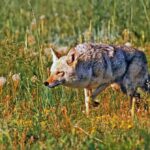
Livestock predation solutions hit proving ground
The Livestock Predation Prevention Project is still looking for takers to test out predation solutions


